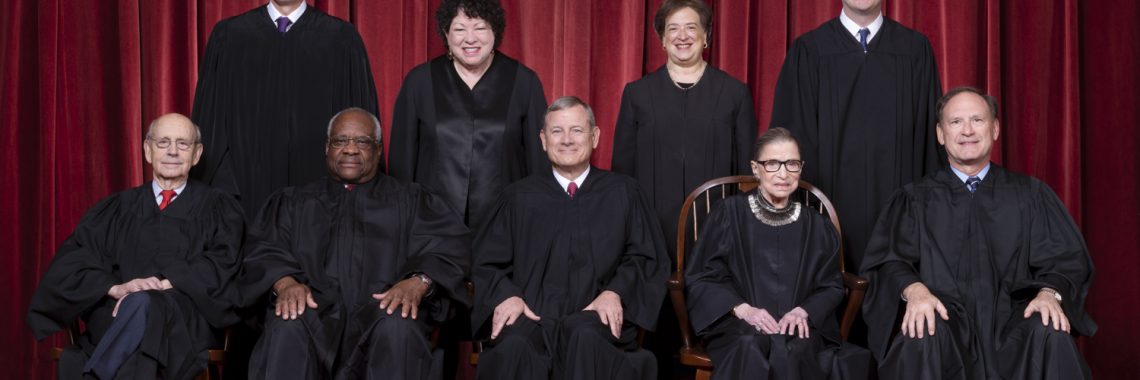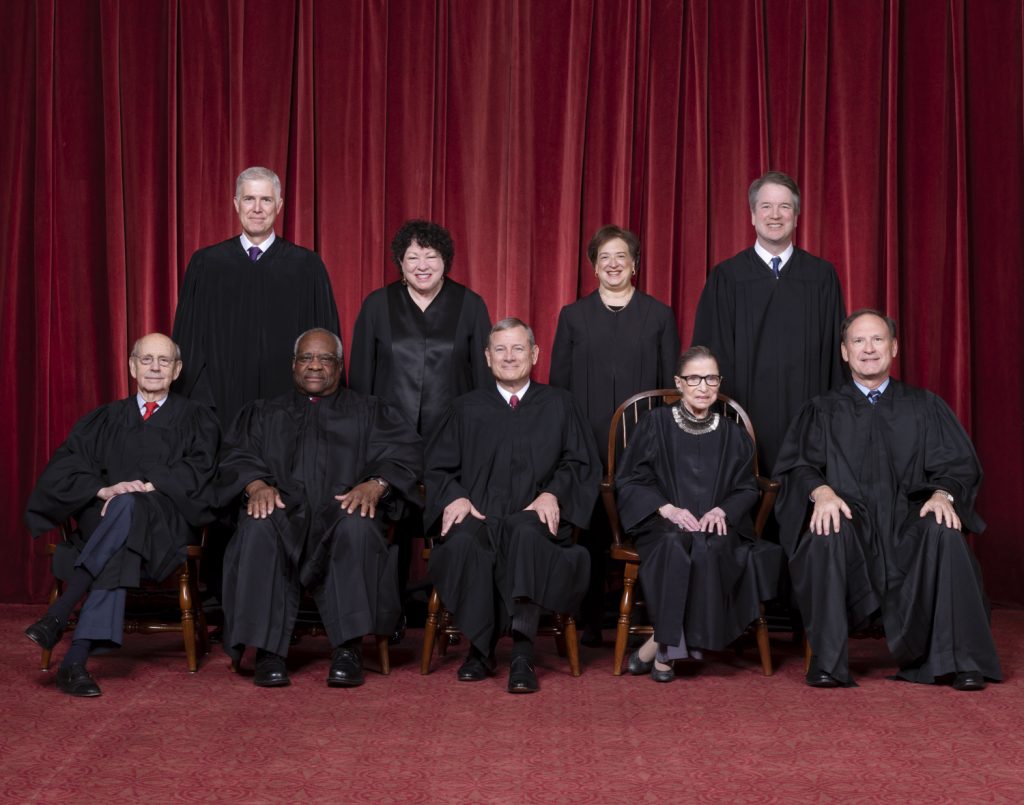Three Problems With Yesterday’s Supreme Court Ruling

This week the U.S. Supreme Court ruled that the federal law prohibiting employment discrimination based on sex in Title VII of the federal 1964 Civil Rights Act also prohibits discrimination on the basis of “sexual orientation” and “gender identity.”
In a nutshell, the court reached this conclusion by redefining the word “sex” to mean “sexual orientation” and “gender identity” in addition to biological sex.
Many news outlets and organizations have oversimplified this ruling by claiming it simply says a person cannot be fired for being gay.
In reality, this ruling could be much bigger than that.
Below are three problems with the U.S. Supreme Court’s ruling in this case.
#1. The Court Unilaterally Rewrote the 1964 Civil Rights Act
Title VII of the federal 1964 Civil Rights Act protects employees from discrimination on the basis of race, color, religion, sex, or national origin.
Sexual orientation and gender identity do not appear in Title VII.
In order to say that Title VII applies to sexual orientation and gender identity, the court had to redefine the word “sex” to cover sexual orientation and gender identity as well.
This is judicial activism, and it should concern everyone. The U.S. Supreme Court has no business redefining words like ‘sex’ in a federal civil rights law that is more than 50 years old. Doing so applies the law in a way that Congress never intended.
As Justice Samuel Alito wrote in his dissenting opinion, “A more brazen abuse of our authority to interpret statutes is hard to recall.”
If an unelected court thinks it has the power to change federal law in this way, what else might it try to do?
#2. The Ruling Calls Into Question Federal Laws Governing Girls and Boys Activities at School and Elsewhere
Yesterday’s court ruling only applies to Title VII of the federal Civil Rights Act.
However, now that the court has said the word “sex” means “sexual orientation” and “gender identity” in Title VII, it’s going to be hard to stop courts from saying that the same is true of every other law that contains the word “sex.”
This has the potential to affect everything from boys and girls sports at public schools to laws governing homeless shelters for men and women to housing at public colleges and universities.
During the Obama Administration, we saw what can happen when the government reinterprets the word “sex” to mean “sexual orientation” and “gender identity.”
Here are just a few examples of groups who could be impacted if courts continue to redefine “sex” to mean “sexual orientation” and “gender identity” because of this ruling:
- Homeless shelters that house men and women separately
- Charities that serve female victims of domestic violence
- Faith-based adoption agencies that do not place children with same-sex couples or transgender individuals
- School athletic programs that separate boys’ sports from girls’ sports
- Photographers, florists, caterers, and others who decline to participate in same-sex ceremonies
#3. The Ruling Threatens to Undermine Religious Freedom
While the Supreme Court’s decision did acknowledge that federal law offers broad protections for religious liberty, the ruling threatens to undermine religious freedom at the state and federal levels.
If courts continue to redefine “sex” to mean “sexual orientation” and “gender identity” in every law, it could affect hiring policies at churches. It could affect the ability of private schools to set standards and articles of faith for their students.
In other words, it could make it hard for faith-based organizations to require members to share and abide by their faith.
Future rulings like this one also could hurt bakers, florists, photographers, wedding venue owners, and anyone else who has a religious objection to same-sex marriage.
Conclusion
While yesterday’s Supreme Court ruling dealt specifically with the definition of “sex” in Title VII of the federal Civil Rights Act, these court decisions don’t happen in a vacuum.
The U.S. Supreme Court’s decision to redefine marriage in 2015 paved the way for yesterday’s decision to redefine “sex” in Title VII of the federal Civil Rights Act.
Yesterday’s decision could pave the way for courts to similarly rewrite other federal laws.
And those rulings have the potential to affect millions of Americans in countless ways.




